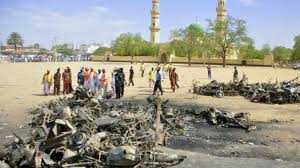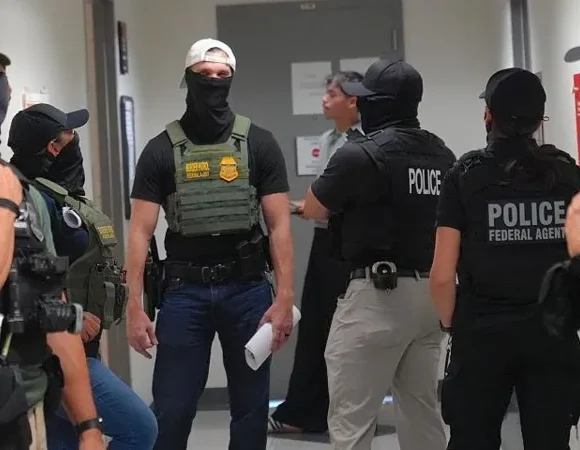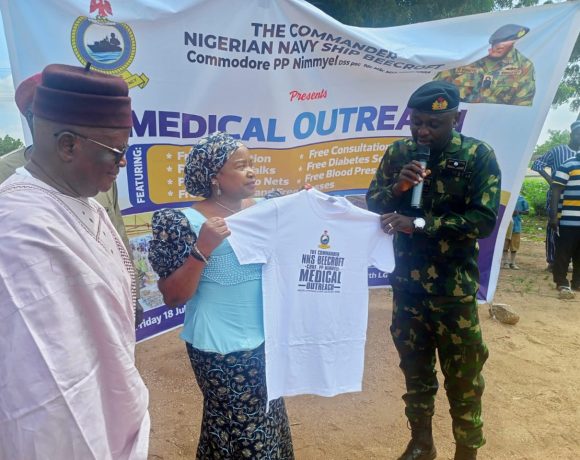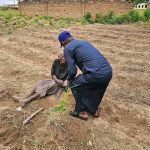Death toll in Nigeria’s mosque attack rises to 50, dozens abducted

Nigeria
The death toll from a deadly attack on a mosque and nearby homes in the Unguwan Mantau area of Katsina State, northwestern Nigeria, has risen sharply to 50, with about 60 people reported abducted.
The attack occurred early Tuesday morning as worshippers gathered for dawn prayers, when armed gunmen stormed the mosque, opening fire on the congregants. Officials report that 30 worshippers were shot dead inside the mosque while another 20 people were burned alive in their homes during the assault.
Eyewitness account says, the attackers arrived on motorcycles and unleashed sporadic gunfire not only in the mosque but across the village. Police intercepted the assailants before they could carry out planned attacks on other nearby villages, but the attackers fled while setting homes ablaze and kidnapping dozens more.
Survivors recounted horrific scenes of neighbors being killed and women and girls forcibly taken by the gunmen.
Katsina State, part of Nigeria’s troubled northwest, has seen a sharp rise in violence from armed criminal gangs locally known as bandits. These groups have terrorized rural communities through nightly raids, kidnappings for ransom, looting, and violent attacks on civilians. The bandits exploit the region’s limited security presence and rugged terrain to carry out their brutal activities with relative impunity.
This attack on the mosque appears to be part of a broader escalation in bandit-related violence engulfing northwest and north-central Nigeria. The region faces overlapping threats from bandit groups and Islamist extremist factions such as Boko Haram and the Islamic State West Africa Province (ISWAP).
These armed groups engage in abductions, mass killings, and terror campaigns that have displaced millions and caused severe humanitarian crises.
The violence in northern Nigeria has deep roots dating back decades, with tensions between ethnic and religious groups periodically erupting into bloody clashes. Over the last several years, armed bandits and extremist militants have exploited socio-economic grievances, weak governance, and limited law enforcement to expand their operational reach, further destabilizing the region.
Nigeria’s government has grappled with how to contain these widespread security threats. Military and police operations have met with limited success, while accusations of abuses by security forces have complicated efforts to restore peace. Meanwhile, communities live in constant fear of attacks, kidnappings, and reprisals that disrupt agriculture, education, and economic life.
In response to the latest massacre, local authorities and the state governor have called on the Nigerian military for increased support to protect vulnerable villages and apprehend the perpetrators. President Bola Tinubu has also vowed to intensify the fight against bandits and terrorists to restore security in affected areas. However, the challenges remain immense given the complex and entrenched nature of insecurity in northern Nigeria.
This tragic assault on worshippers during prayer in Katsina State is a grim reminder of the ongoing violence that has plagued Nigeria’s northwest. With dozens killed and many more abducted, it underscores the urgent need for a comprehensive and sustained response to dismantle armed gangs, safeguard civilians, and address the root causes of conflict in the region.









